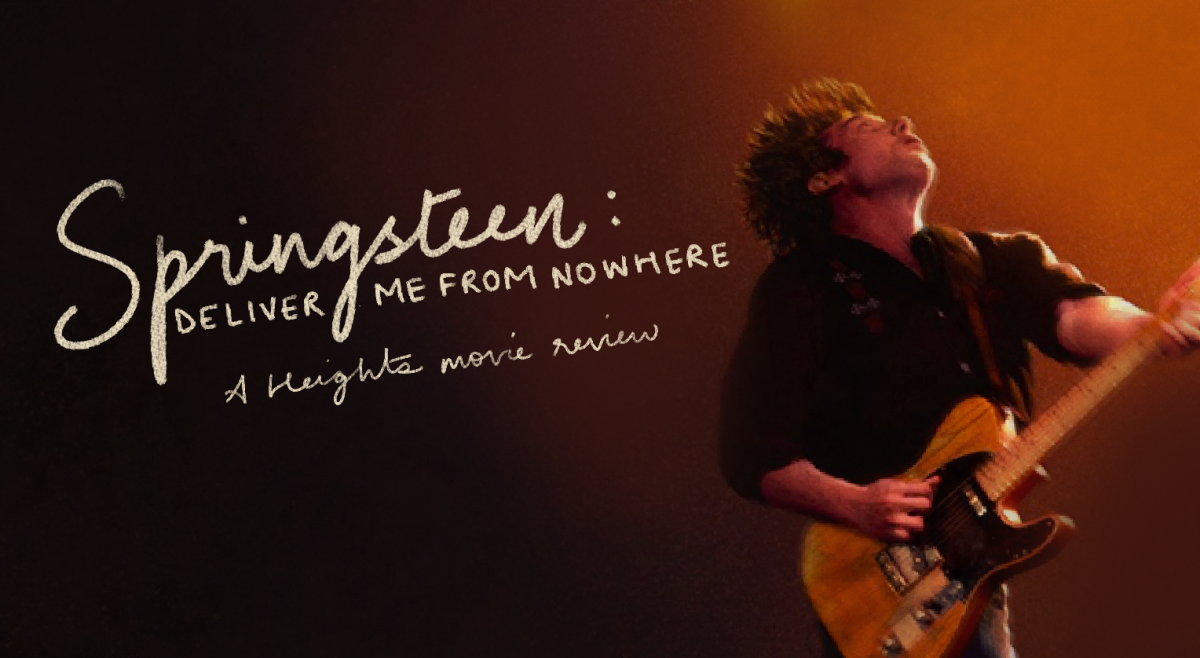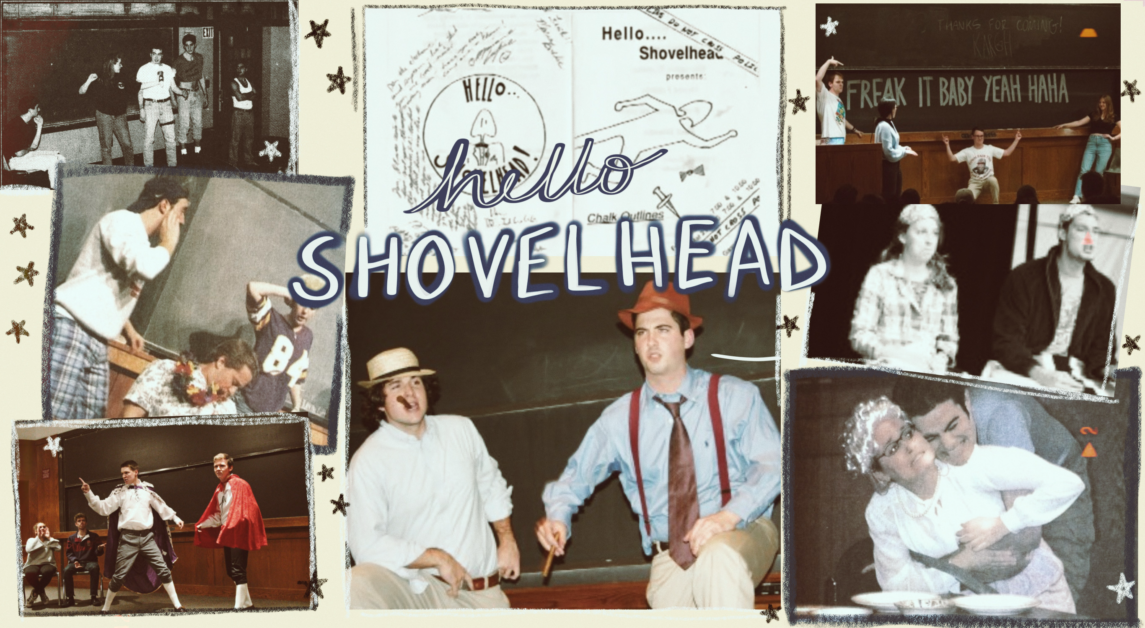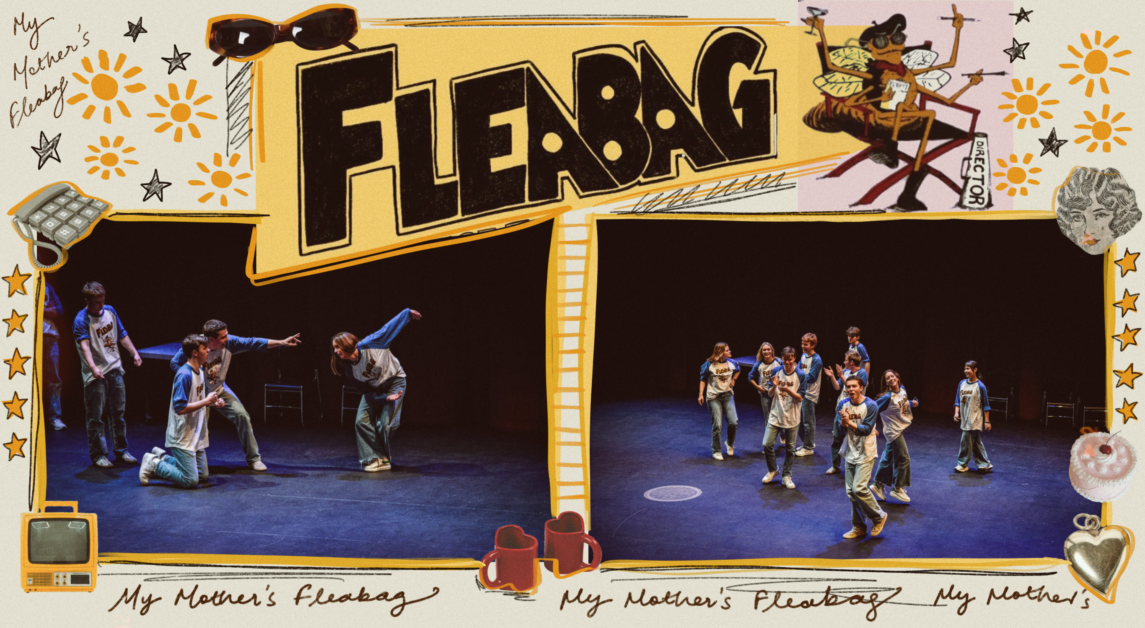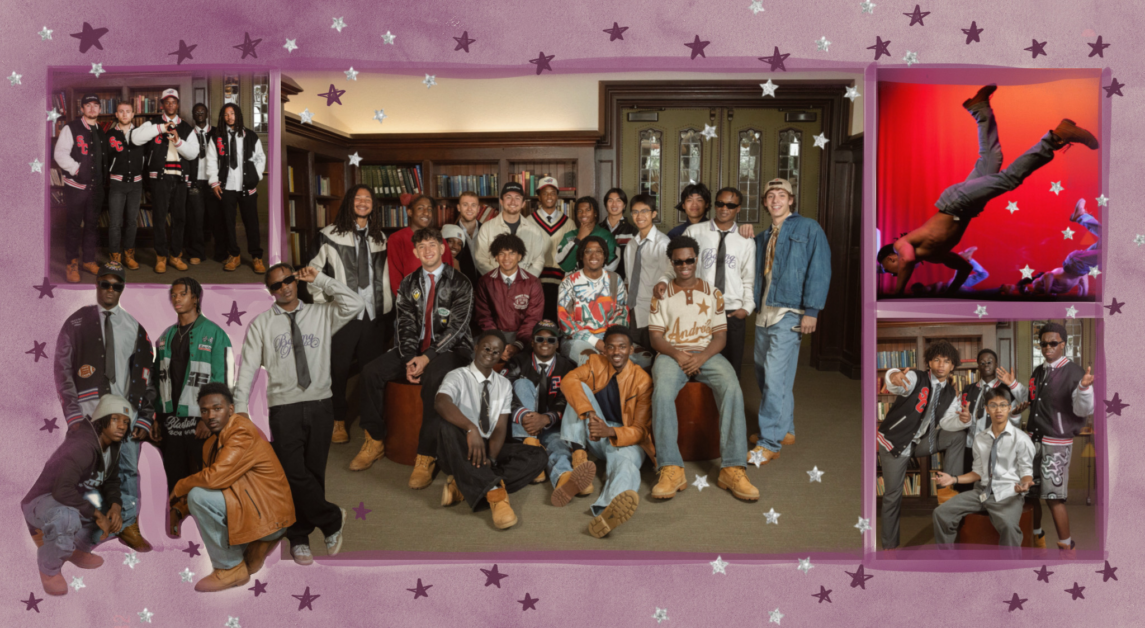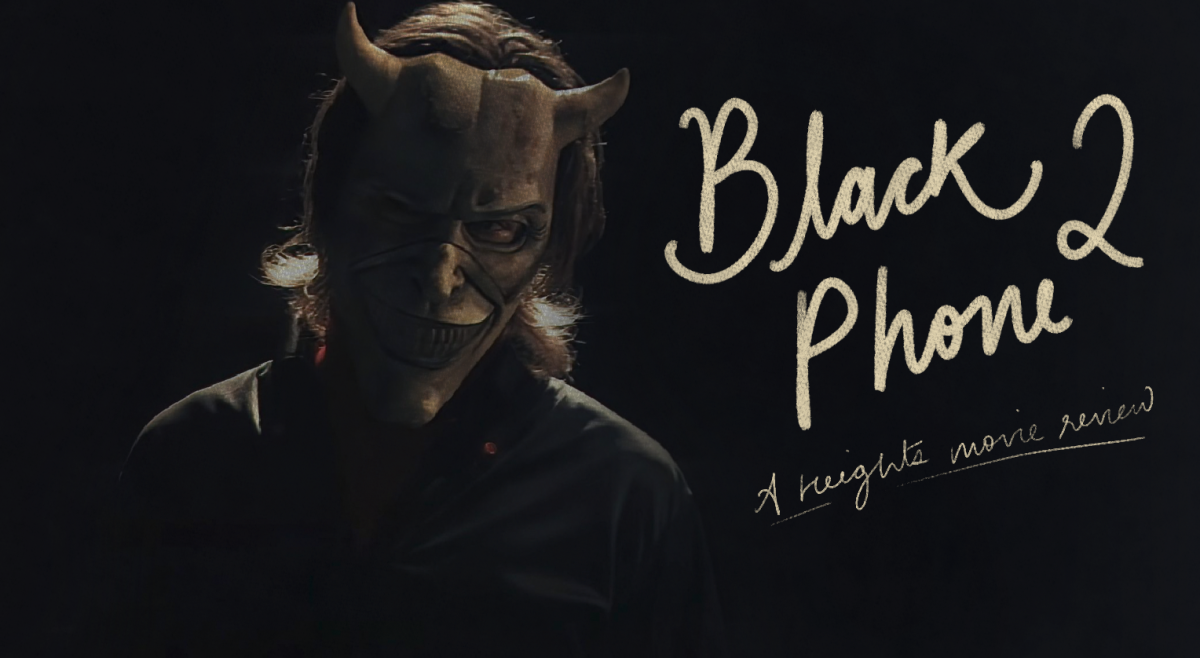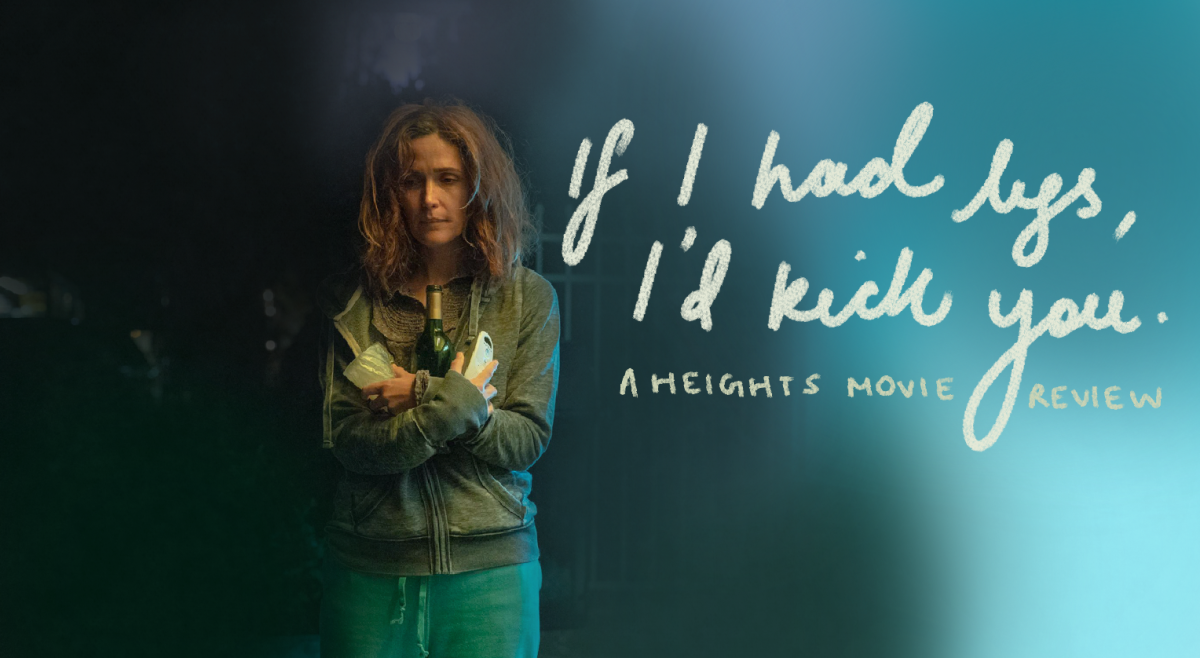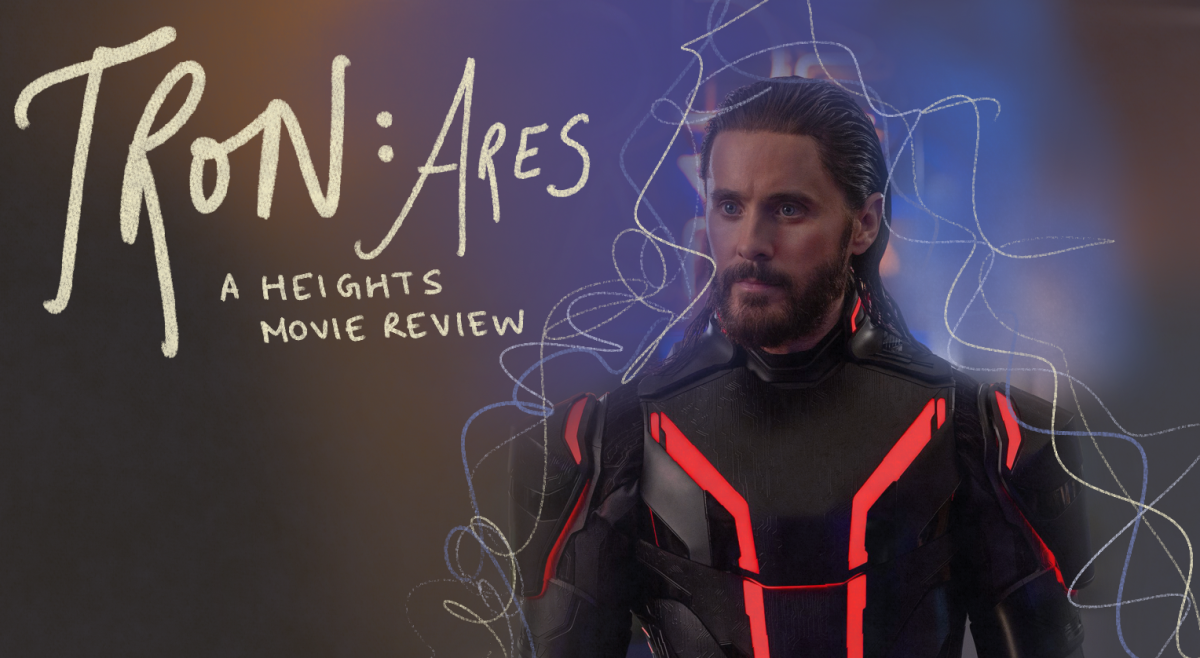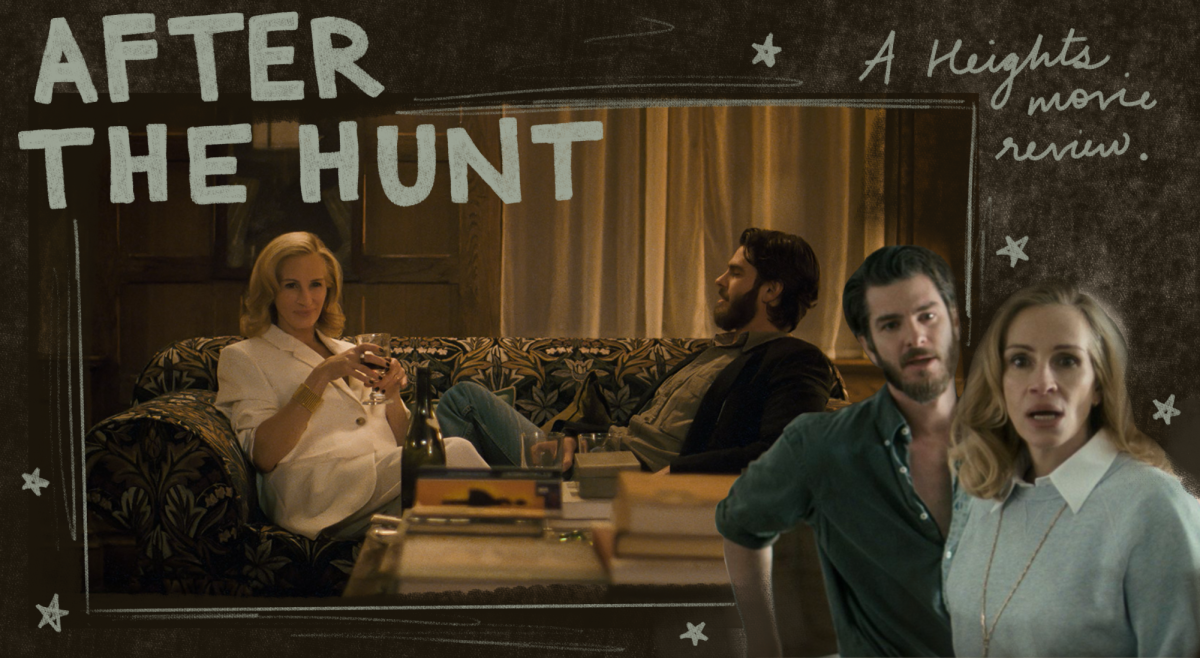Award: Film with Most Marthas
Presented By: Caleb Griego / Arts & Review Editor
This year’s Greatie Award for “Film with Most Marthas” goes to Batman v Superman: Dawn of Justice. Last year’s winner, Mr. Right had but one measly Martha, while Batman v Superman had a whopping two whole Marthas. Most films settle for one Martha, casting theirs in the lot for this prestigious award, but Batman v Superman dared to go bigger. One: Martha Kent. Two: Martha Wayne. The one-uppage can only be characterized as stunning and wholly impressive. Additionally, the importance of the name cannot be understated in the context of the film. Homicidal tendencies? No matter. Vitriolic ideological dissent? Move along. Terrible intellectual faultiness? Not today. Drop the glowing-green spear and pick up your alien friend. His mother’s name is the same as yours and that means he is your ally.
The statistical importance of such a name is just as daring as its execution in the film. Assuming that both Martha’s were around the same age, we run into a bit of a compelling argument. According to babycenter.com, in 1965 (birth year of Diane Lane who played Martha Kent), there were 2,152 per million. The population of the United States at that time was 194.3 million, meaning that there were 417,488 Marthas for that year. The chances that two of these Marthas raise boys destined for greatness—unlikely. The notion that they find each other—improbable. The idea that their arbitrarily-shared name saves the day—I’d say impossible, but Batman v Superman dared to dream bigger.
Award: Film with Most Disabled Characters
Presented By: Veronica Gordo / Assoc. Arts & Review Editor
No one is perfect. The animated film Finding Dory is founded upon this fact. Thus, the subaquatic tale reprising the starring roles of clown fish Nemo and Marlin, as well as blue tang Dory is the winner of the 2016 Greatie Award for “Film with Most Disabled Characters.”
The oceanic travel narrative hands out symptoms to the sea creatures in droves. Dory suffers from short-term memory loss. Nemo has an underdeveloped and unproportionately-small fin. Hank, the sarcastically-witty octopus, suffers from depression. He fears and avoids social situations, prefers to sit alone, and dreams of living in solitude, sadness, and negativity. Destiny, the whale shark deals with far-sightedness. Bailey, the beluga whale suffers from anxiety—claiming to have lost his echolocation and refusing to be put on the spot. Gerald, the sea lion, has synophrys (a “unibrow”), an overbite, and somewhat misaligned eyes. He has an obsessive, emotional attachment to a child’s pail, and clearly reads as having an intellectual and social handicap.
It is shocking that one cinematic universe—albeit animated and undersea—can feature so many strangers and friends who mostly suffer from handicaps, all of which are either celebrated or underplayed. Finding Dory excellently manages to cram a multitude of infirmities, thus taking home the shiny award, but fails to capture the true struggle of dealing with a disability. Nonetheless, these characters have managed to thrive despite their ailments and take home the gold.
Award: Film with Most Uses of George Michael
Presented By: Jacob Schick / Asst. Arts & Review Editor
With the loss of acclaimed and beloved pop star Georgios Kyriacos Panayiotou, better known as George Michael, this award is presented annually to the movie that honored the more famous member of English musical duo Wham! the most times. For the year of 2016, the Greatie Award for “Most Uses of George Michael” goes to Keanu.
Keanu featured the man behind such timeless classics like “Wake Me Up Before You Go-Go” and “Last Christmas” as an almost-central character in the film. George Michael did not appear on screen per se, but his music played a pivotal role in the plot. Clarence (Keegan-Michael Key) plays the songs to his fellow gang members, introducing them to singer-songwriter George Michael. This opens the gangsters’, as well as the audience’s, eyes to the utter majesty of philanthropically-inclined artist George Michael. His songs were used countless times (four) throughout Keanu. The only real competition faced in this prestigious category is Deadpool, with its narrow-minded tunnel-like focus on the beginning of this legend’s career. In spite of this mere facade of George Michael appreciation, Keanu won the day because it gave the two-time winner of Best British Male the respect he deserved. And used him the most times of course.
Keanu enters these hallowed halls alongside movies like Hot Tub Time Machine, Hot Rod, and the receiver of the George Michael Lifetime Achievement Award: Arrested Development.
Award: Most Magnificent Group of Seven or More Men
Presented By: Archer Parquette / Features Editor
We have experienced a breathtaking year when it comes to movies involving a group of seven or more men. Who can forget the nine Secret Service agents in Jackie, or the 19 stormtroopers in Rogue One? Yes, these movies did indeed involve groups, and those groups clearly involved seven or more men, but the real question in this tight field of contenders was “Which of these groups could be accurately referred to as magnificent?”
That eternal question is why, against all the odds, the dark horse, indie flick The Magnificent Seven managed to snatch up this coveted honor. Not only did it have a group of seven or more men, but that group of seven or more men fulfilled a shocking number of requirements on the patented Most Magnificent Group of Seven or More Men Magnificence Test, including:
- The group must be either ‘rag-tag’ or ‘unlikely’ and must be made up of ‘outsiders,’ ‘troublemakers,’ and/or ‘reluctant heroes’.’
- Each member of the group must have at least one line of dialogue. This requirement can be fulfilled with a manly grunt, a manly nasal exhale, or a manly sigh of girlish delight.
- The line “What we lost in the fire, we found in the ashes,” must be said stoically, preferably by an actor with dignity and presence comparable to that of Denzel Washington.
- One group member must, we repeat must, be portrayed by a heavily-bearded Vincent D’Onofrio, wearing the skin of a bear.
After last year’s extremely controversial upset win by The Hateful Eight, it is good to see this coveted prize go to a film that is truly … magnificent.
Award: Hell Yeah for Keep Doing Your Thing
Presented By: Shannon Kelly / Assoc. Features Editor
The Lego Batman Movie is the most electric film of the year, but that’s for another awards show (Best Picture 2017, where ya at?). I’m talking about the characters in The Lego Batman Movie, which were played by some of Hollywood’s heaviest hitters, and also a woman who doesn’t know how to live in the real world (Mariah Carey, as the mayor of Gotham). Ralph Fiennes overcame the temptation of playing Voldemort again to take on Alfred the butler. There’s a commercial from my childhood about taco shells from Old El Paso. Some family members want hard shells, others want soft. A little girl with a Dora-like bowl cut says “Porque no los dos?” and everyone lifts her up in celebration. Porque no los dos, Ralph Fiennes? It would have been so funny.
Anyway, the “Hell Yeah for Keep Doing Your Thing” Greatie Award goes to Michael Cera, because he really keeps doing his thing. Robin is just George Michael from Arrested Development but animated. Will Arnett even plays Batman in this movie. Besides This is the End, has he ever played someone who wasn’t lanky and uncomfortable? I didn’t think so. Keep bopping around on movie sets and speaking in that high voice of yours, Michael Cera. What a fun, sexy time for you.
Award: Most Pathetic Attempt at Making Meryl Streep Look Bad
Presented By: Hannah McLaughlin / Social Media Director
When Stephen Frears casted Meryl Streep as spacey Florence Foster Jenkins in the unconventional biographical-comedy-drama-romance film of the same name, it seemed likely that the director may have had a vendetta of sorts against the revered Hollywood Hall of Famer.
Her character is ditzy and awkward—a bumbling older woman whose mental state is delusional at best and utterly unstable at worst. She is stubborn yet clueless. Jenkins’ singing voice sounds like the high-pitched cries of a million tortured beanie babies, boasting the kind of earsplitting noise powerful enough to melt precious skin layers one by one as if standing too close to the unforgiving sun. She also wears ugly hats.
Educated guesses at the likely reason for Frear’s alleged malice are still up for debate. Perhaps he glows green with envy over Streep’s stint in Mamma Mia as a romantic interest to both Britain’s Token Teddy Bear, Colin Firth, and Ireland’s resident Hot Dad, Pierce Brosnan. Maybe she rejected his hand in marriage one rainy Paris morning over a breakfast of croissants and boysenberry preserves. If rumors are true-mors (official Academy lingo, don’t worry about it), casting Streep came as a result of some malicious, envy-infused sentiment.
Frears wanted to see Streep’s confidence crumble when faced with the tough task of playing a whimsical woman whose prevailing personality trait is, well, incredibly annoying. You heard it here first folk, Stephen Frears is obviously jealous of Meryl Streep. Reports say he also hates puppies.
Any other actor would rather die a thousand social deaths by PricewaterhouseCoopers envelope snaffu than take on such a daunting role. Streep’s performance, charming and captivating as ever, is a testament to Frears’ grand success in executing the most pathetically failed scheme to allegedly tarnish Streep’s street cred.
Award: Best Untold Story
Presented By: Michael Sullivan / Editor-In-Chief
The best movies are the ones that remind us of the important historical events that get pushed to the wayside by larger, “more important” things like World War II, every time someone remakes 300 or Braveheart, or the time that cow kicked a lamp and burned down Chicago. For example, Argo, the unexpected tale of Canadians saving Americans during the 1979 Iranian Hostage Crisis and features both the country’s most beloved actor (John Goodman) and its most enabling brother (Ben Affleck), is arguably the greatest movie ever created. Don’t believe me? Well kiss the butt of its 2012 Academy Award for Best Picture. Everyone loves a good ol’ fashioned dramatic retelling of an obscure historical occurrence, but sometimes, those stories are so obscure that those La La Land big shots gloss over them. Thus, I must stop this injustice The 2017 Greatie Award for “Best Untold Story” to Sully, the untold story of the Miracle on the Hudson.
Sully opens on Tom Hanks, who stars as Tom Hanks playing Captain Chesley “Sully” Sullenberger, and First Officer Jeff Skiles (Aaron Eckhart) preparing to take off from LaGuardia Airport in New York. Three minutes into their flight for US Airways Flight 1549, a flock of birds strikes and disables both engines. Ignoring the pleas of air traffic controllers to detour to Teterboro Airport in New Jersey, Sully decides in a split second to land the plane in the Hudson River. His heroic action saves the lives of every passenger and crew member, and interrupted my viewing of Ellen that afternoon after coming home from school.
But that’s the told story. The untold story is that the water landing forced an investigation from the National Transportation Safety Board (NTSB). Based on preliminary data of the engines, the NTSB believed that Sully actually had enough time to get to Teterboro. Instead of making the sensible, albeit disgusting, decision to fly out to Jersey—and by sensible, the financial decision to save US Airways from buying a new Airbus A320—the board accused Sully of trying to be a hero.
With Sully, we are told the truth of the untold story of the Miracle on the Hudson. And thus, a hero and legend grows even larger.
Featured Image By Zoe Fanning


